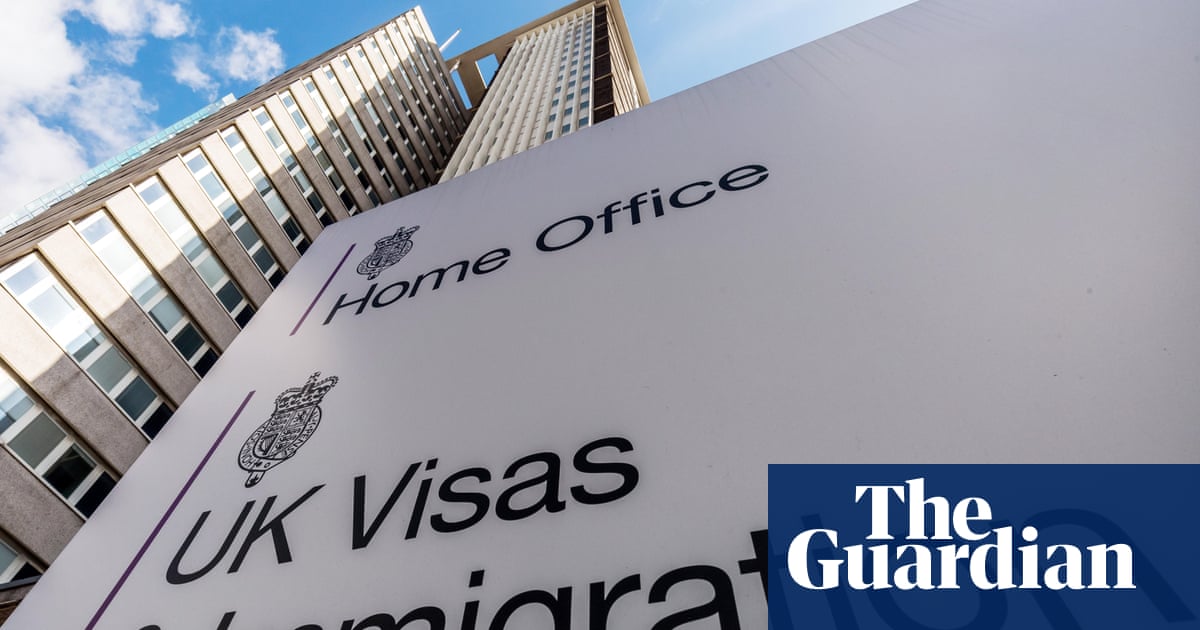The Home Office-sponsored agency that licenses hundreds of thousands of security guards has become the latest to confirm that it will not acceptnewly introduced eVisasfrom job applicants, the Guardian has learned.
eVisas are designed to replace physical biometric residence permits that show proof of the right to reside, rent, work and claim benefits. However, the rollout has been beset with difficulties.
There have been reports of banks and some academic institutions refusing to accept eVisas, and the Solicitors Regulatory Authority has previously refused to accept them as proof of ID.
Some NGOs have reported problems with clients accessing child benefit using eVisas as proof of eligibility but the Department for Work and Pensions has disputed this.
The Home Office confirmed that changes toSecurity Industry Authorityoperational systems are required before eVisas can be accepted as part of the licence application process. However, many applying for these jobs have no other form of official ID so are unable to progress their job applications.
The SIA licensedalmost half a million peoplelast year – 451,000 – including security guards, CCTV operators and door supervisors.
The organisation the3million hasreportedproblems with banks and other financial providers not accepting eVisas as proof of identity or immigration status.
Brian Dickoff, legal officer at Migrants Organise, who is monitoring the eVisa rollout closely, said: “The whole point of the eVisa system is supposed to be that individuals status is secure and they can prove their ID and status easily, avoiding another Windrush Scandal. This is not happening.
“Newly granted refugees with clear status and many others are having difficulties even with the Home Office’s own department, and even more with banks, employers and landlords turned into border guards by the ‘Hostile Environment’ policy.
“We are only six months into the full eVisa transition – what will happen in five, 10, 20 years time? How many more individuals will suddenly and wrongly be told that they don’t have an entitlement to live in the country. Where is the lesson learned?”
Andreea Dumitrache, of the3million, has raised many concerns about flaws in the eVisa system. She said: “We’ve seen how much confusion this system has caused and there’s an urgent need for an independent review of the entire eVisa system and its rushed rollout.”
Sign up toFirst Edition
Our morning email breaks down the key stories of the day, telling you what’s happening and why it matters
after newsletter promotion
Some NGOs have reported cases of families having child benefit claims rejected because they were told DWP officials did not accept eVisas as proof of identity or eligibility for benefits.
However, a DWP spokesperson said: “DWP accepts eVisas as valid identification or proof of immigration status. An eVisa does not impact someone’s entitlement to DWP benefits.”
A Home Office spokesperson said: “The Security Industry Authority (SIA) supports the introduction of eVisas. Changes to SIA operational systems are required before these can be accepted as part of the licence application process. We continue to engage with the SIA so they are aware of the role of the eVisa and that it has replaced physical forms of immigration documentation.”
